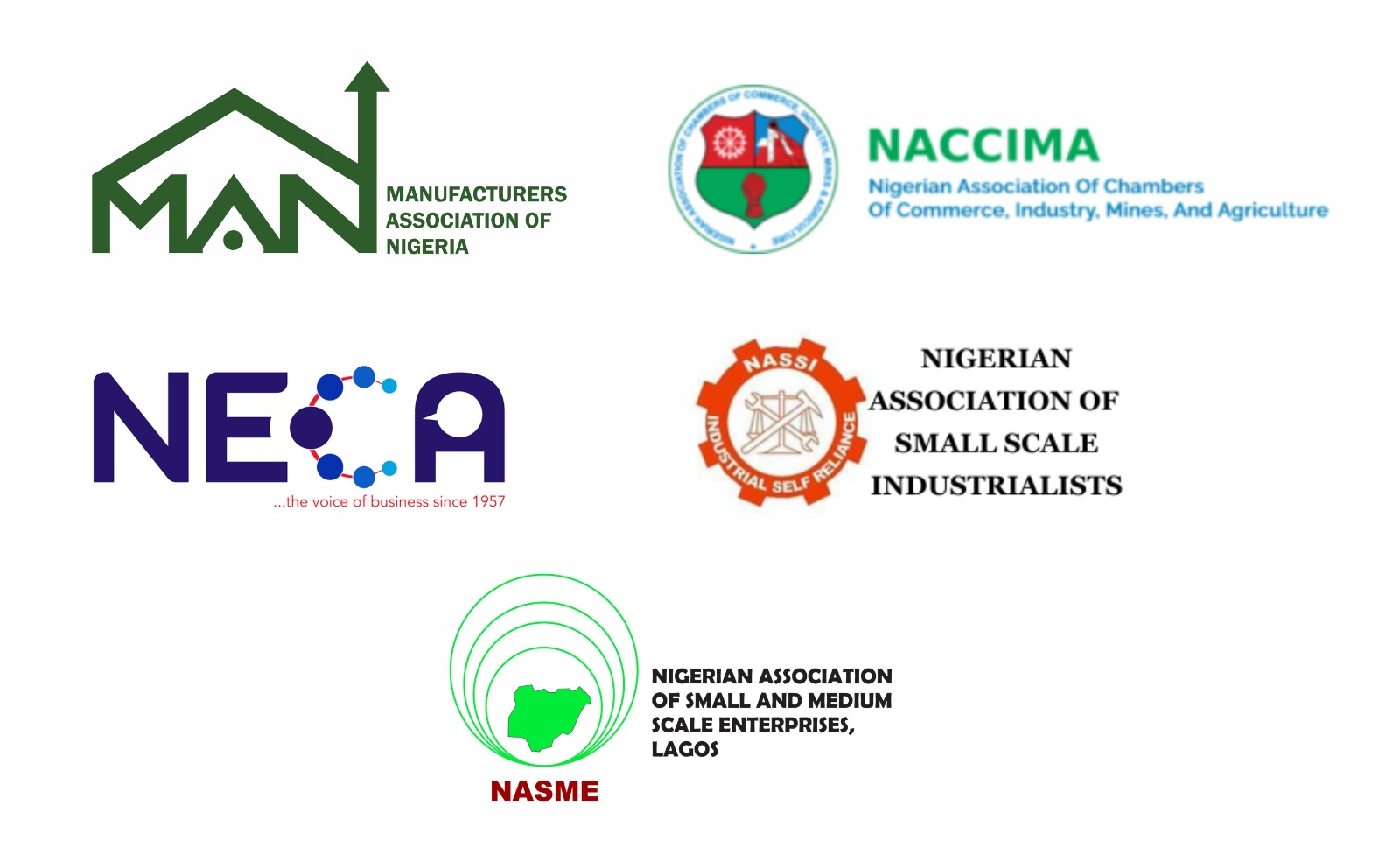National Assembly’s Incessant Summon of Private Companies: OSPN Pens Open Letter To President Tinubu

The Organised Private Sector of Nigeria (OPSN) have expressed deep concerns over incessant invitations, summons by committee of the National Assembly on the activities of private companies.
The OPSN –comprises of the Manufacturers Association of Nigeria (MAN), Nigerian Association of Chambers of Commerce, Industry, Mines and Agriculture (NACCIMA), Nigeria Employers’ Consultative Association (NECA), Nigeria Association of Small Scale Industrialists (NASS), Nigeria Association of Small and Medium Enterprises (NASME) in collaboration with Association of Licensed Telecommunications Operators of Nigeria (ATCON), the Oil Producers Trade Section (OPTS), Association of Food, Beverages and Tobacco Employees (AFBTE), and other 25 sectoral Employer’s Associations– expressed their concern which was conveyed through an open letter sent to President Bola Tinubu on Thursday, September 4, 2025.
According to the group, the practice has continued unhindered despite judicial pronouncements, including a pending appeal before the Supreme Court, which affirms that the powers conferred on the National Assembly in line with sections 88 and 89 of the 1999 constitution do not extend oversight powers to private companies.
Citing judicial precedents, it stated that the case of DHL International Nigeria Limited vs Senate of the Federal Republic of Nigeria and ORS(FHC/ABJ/CS/261/2018) comes to mind.
It would be recalled that the court unequivocally held that private companies do not fall within the category of persons contemplated by sections 88 and 89 of the 1999 Constitution.
It stressed that the members of the National Assembly must understand that there are constitutional limits on legislative oversight.
The provisions only empower them to investigate matters connected with the administration of laws and the disbursement and management of public funds by public sector agencies.
It explained that the incessant summons by the Committees of the National Assembly has created duplication of regulatory activities, thus usurping the statutory roles of the Executive arm of Government through the Ministries, agencies, and Departments.
It further stated that the purported investigations, demands and investigations being carried out by the committee fall within the jurisdiction of the Executive arm of Government, noting that the constitution, as expressly stated in section 5, vests the responsibility to investigate compliance on the Executive through the MDAs
It urged the National Assembly to exercise restraint and await the Supreme Court’s decision on the matter to resolve the recurring controversies surrounding the scope of legislative authority.
It stated that, beyond the legal and constitutional issues, the continuous summons could be economically damaging as it creates multiple layers of regulatory uncertainty, thereby discouraging foreign investors, derailing the Ease of Doing Business reforms, and worsening the unemployment rate, especially at a time when the FG is making an effort to restore investors’ confidence.
“The summons has led to high financial costs for companies, with executives of private companies compelled to travel frequently to Abuja, incurring costs for flights, accommodation, legal representation and documentation. Beyond that, this has led to disruption of operations and productivity loss with senior managers and technical experts pulled away from business operations of manufacturers and service providers, leading to lost output and missed deadlines, weakened competitiveness,” it added.
While emphasising that the private sector was not opposed to legislation or regulation, the OPSN noted that regulation should not be enforced to serve as a bottleneck but rather to facilitate and promote Ease of Doing Business.
OPSN explained that the sustainability of enterprises can only be achieved when there is an efficient, predictable regulatory environment supported by stable policies and viable incentives.
The group seeks the President’s intervention to safeguard the integrity of Nigeria’s regulatory framework and ease the burden on businesses by clearly deploying a practical, coordinated approach that delineates the authority and responsibility between regulators and legislators.
“We can further strengthen Nigeria’s reputation as a stable, business-friendly investment destination, capable of attracting and retaining capital to drive inclusive growth and job creation by addressing these challenges. We reaffirm our readiness to collaborate with the government in finding practical solutions for Nigeria’s sustainable economic transformation,” It stated.













